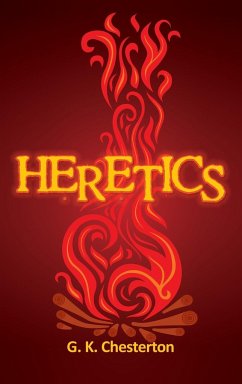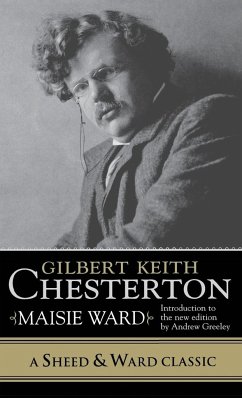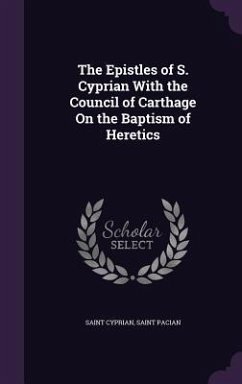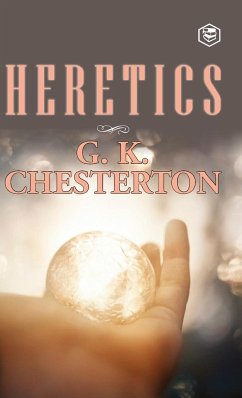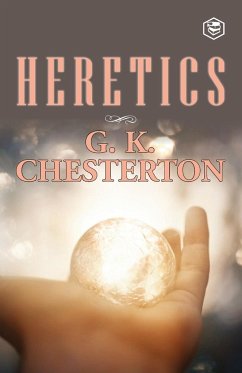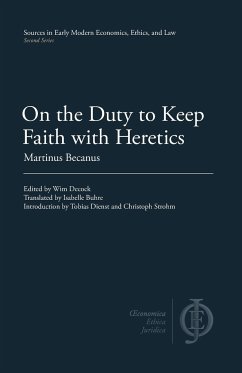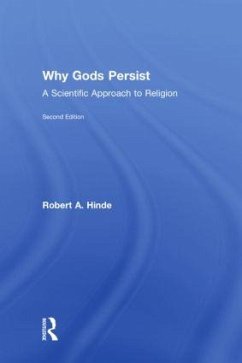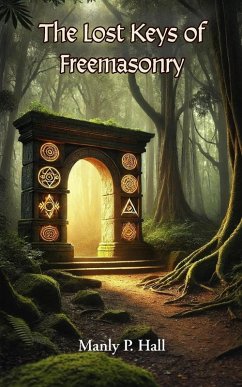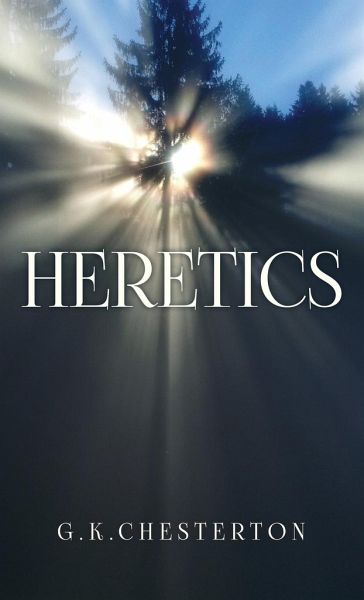
Heretics
Versandkostenfrei!
Versandfertig in 1-2 Wochen
19,99 €
inkl. MwSt.

PAYBACK Punkte
10 °P sammeln!
Witty and honest about belief in the Christian Faith, Heretics is a collection of essays from the 20th century by the "prince of paradox," G.K. Chesterton. While recognized as a philosopher as well as a social critic, Chesterton is also considered a lay theologian due to the nature of his content. Along with Heretics, Chesterton has also written apologetics, poetry, and even fantasy novels with faith interwoven into the themes. His essays in Heretics focus on well-known individuals from the 20th century, such as Rudyard Kipling and H. G. Wells, who pride themselves on separating their morals a...
Witty and honest about belief in the Christian Faith, Heretics is a collection of essays from the 20th century by the "prince of paradox," G.K. Chesterton. While recognized as a philosopher as well as a social critic, Chesterton is also considered a lay theologian due to the nature of his content. Along with Heretics, Chesterton has also written apologetics, poetry, and even fantasy novels with faith interwoven into the themes. His essays in Heretics focus on well-known individuals from the 20th century, such as Rudyard Kipling and H. G. Wells, who pride themselves on separating their morals and ethics from Christian values, or "heretics" with an unpopular opinion. While the main goal of his work is to observe these prominent figures, he also makes his own observations on philosophy, theology, nihilism, and life itself throughout the novel. Heretics makes use of G.K. Chesterton’s good humor and his curiosity of the universe to make stark, yet thought-provoking, criticism on those who stick to incomplete beliefs without questioning further.





